#jama
Trade War Watch: Japan Gets Vocal Over U.S. Tariff Threats
While the Japanese government has walked on eggshells when discussing trade issues that are transforming the globe into an angry beehive, the nation’s automakers have been more forthright. However, they’re both getting increasingly vocal as the situation escalates.
As the United States and Japan head into trade discussions scheduled for July, it’s beginning to look like everyone will come out swinging — especially when it comes to the automotive industry. Last month, the White House launched a national security investigation into car and truck imports that could lead to new tariffs on some of Japan’s biggest U.S.-bound exports.
Japanese Finance Minister Taro Aso was uncharacteristically negative toward the current U.S. trade policy during a Group of Seven finance leaders’ gathering held last week. “It’s deeply deplorable,” Aso said. “Inward-looking policies involving one-sided, protectionist measures benefit no country.”
Japanese Automakers: Trump's Steel Tariff Will Cost You More at the Dealership
Earlier this month, President Trump signed an executive order imposing a 25 percent tariff on foreign steel and a 10 percent tariff on foreign aluminum. Hoping to receive an exception, the Japanese auto lobby warned that the U.S. import tax would definitely inflate the price of models built by the companies it represents. That’s bad news.
However, the White House has already omitted its NAFTA partners from the tariffs, adding that it would consider further exceptions based on countries’ contributions to U.S. national security, military alliances, trading history, and how much they pay into strategic alliances like NATO.
While Japan is a longtime trading partner with the U.S., there currently exists a $69 billion deficit between the two countries. Trump also bemoaned Japan’s unwillingness to accept American imports. Still, the two have shared military alliances throughout the 20th century, with one ugly exception during World War II. They currently operate under the Treaty of Mutual Cooperation and Security and the U.S. currently considers the Japan one of its closest allies, despite it not being a NATO member — placing it in reasonably positive standing for tariff exceptions.
Japanese Auto Makers Crack The Closed Market
While the eternal debate about whether Japan is or isn’t a closed market continues to rage onwards, the Nikkei reports that a new phenomenon is occurring in Japan: imported vehicles from domestic brands are starting to trickle in.
Japanese New Car Market Worst In Decades
The Japanese car market is in the midst of the worst crisis since 1978. The Japan Automobile Manufacturers Association expects auto sales in Japan to fall to a 34-year low in the current fiscal year that ends in March 2012. This as a result of the severe production drop, triggered by the March 11 earthquake and tsunami.
Japanese Automakers And Unions To Government: Lower Then Yen, Or We Are Out Of Here
In an (especially for Japanese tastes) strongly worded joint statement, Toshiyuki Shiga. Chairman of Japan Automobile Manufacturers Association, and Koichiro Nishihara, President of the Confederation of Japan Automobile Workers’ Unions threw down the gauntlet to the Japanese government. Executive summary: “We are sick as hell of the high yen and we can’t take it anymore. Do something, or kiss those jobs sayonara.”
Super Cool Biz: Japan's Automakers Re-Arrange Calendar, Lose Neckties To Conserve Power
Japan has hit on the world’s most effective energy conservation program. It is three words long: “Conserve, or else.” With 32 of Japan’s 54 nuclear reactors down in the aftermath of the March 11 earthquake and tsunami, Japan must get through the hot summer without a total breakdown of the infrastructure. It looks like they will do it by sheer willpower.
Japan's Unorthodox Answer To the Power Outage: Holidays
If The Nikkei [sub] is informed correctly, and given the recent track record with these matters, that’s a big if, then workers in the Japanese auto and electronics industries will be compensated for the hardships they endured after the March 11 earthquake and tsunami: They will get two extra days off per week. According to today’s Nikkei story, the Japan Automobile Manufacturers Association proposed that manufacturing industries should alternate production holidays this summer as a way to conserve electricity amid a constrained supply.
“Automakers, for example, could halt production on Mondays and Tuesdays, with electronics firms taking Tuesdays and Wednesdays off, according to JAMA’s plan, which was presented at a briefing on energy-saving measures hosted by the Japan Business Federation, better known as Nippon Keidanren,” writes the Nikkei. “On each day, the shutdowns would extend industry-wide.” Honto?
The Big Japanese Power Sharing Story: Pure Fantasy
Remember the story about the rotating power rationing in Japan? One for all, all for one? It appears that it is pure fantasy. On Saturday, The Nikkei [sub] wrote that Japanese automakers are considering running their factories in rotation to help cut the industry’s electricity consumption. The wire service said that “automakers are expected to hold a consultative meeting shortly at the office of the Japan Automobile Manufacturers Association to agree a rotational schedule.” The story had originated on the usually reliable and sometimes uncomfortably persistent Kyodo wire. On Monday, the story grew legs. Automotive News [sub] reported that the electronic industries don’t want to be left behind and demand rotating production holidays between the automotive and electronics industries. It now emerges that it was all wishful thinking.
Japanese Car Makers Worried About Sumo-Sized Yen
There was a time, in summer of 2007, when a dollar bought more than 120 yen. Once you arrived in Tokyo, you quickly wished it would have bought more. Now, the dollar buys about a third less. The dollar/yen rate had been at a downward trajectory since that summer of 2007. What made the yen really expensive was a company called Lehman Brothers, and the fallout following their bankruptcy in 2008. For inexplicable reasons, the yen is seen as a safer currency than the greenback. Should you make the mistake of stepping off the plane with Euros in your pocket, you would be in for an even bigger shock. In July 2008, a Euro bought 170 yen. Now, it’s down to 109. For even more inexplicable reasons, some mentally unstable people still talk about an undervalued yen.
You may not travel to Tokyo frequently enough to give a hoot. But Japanese auto manufacturers don’t want to take it any more.
Japan's JAMA Will Cooperate On International Car Standard
Japan’s Automobile Manufacturers Association said “hai, wakatta” (yes, we understand) to their government, and promised to “actively support the creation of an international mutual-recognition framework for passenger cars,” reports The Nikkei [sub].
Turns out, the Japanese government is behind the idea to agree on an International Whole Car Type Approval. The idea had been floated in Geneva, and received widespread agreement. No wonder: The Europeans are intimately familiar with the concept, due to their European Community Whole Vehicle Type Approval (ECWVTA). And the Americans aren’t part of the party. They are doing their own FMVSS thing.



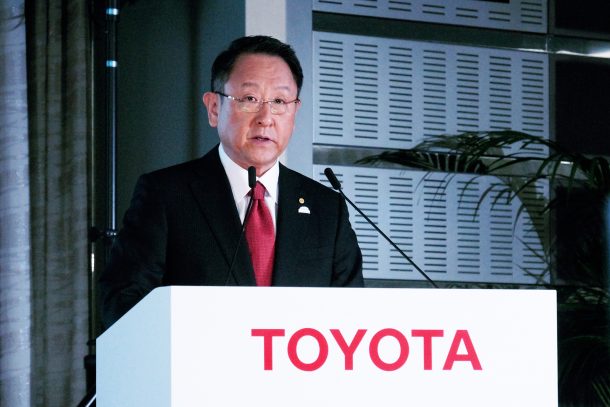
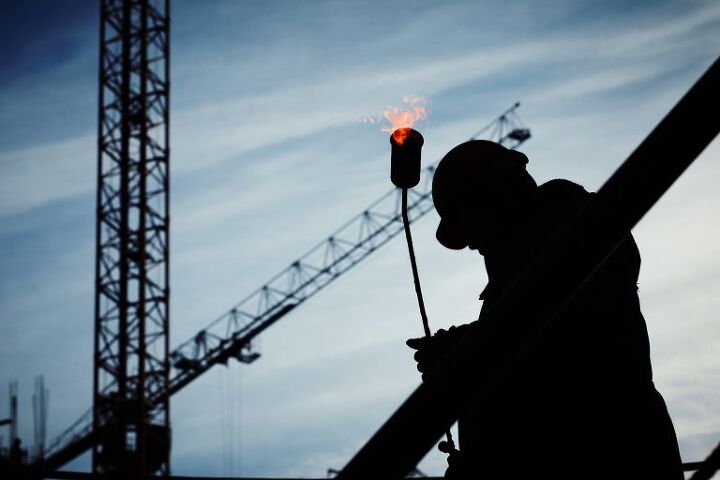
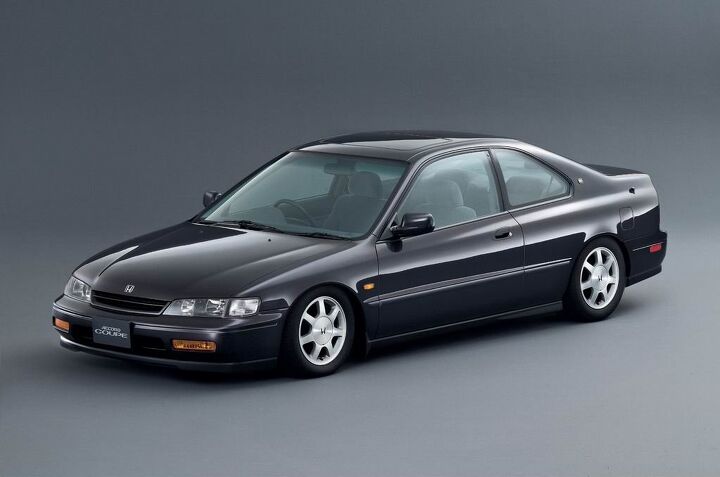
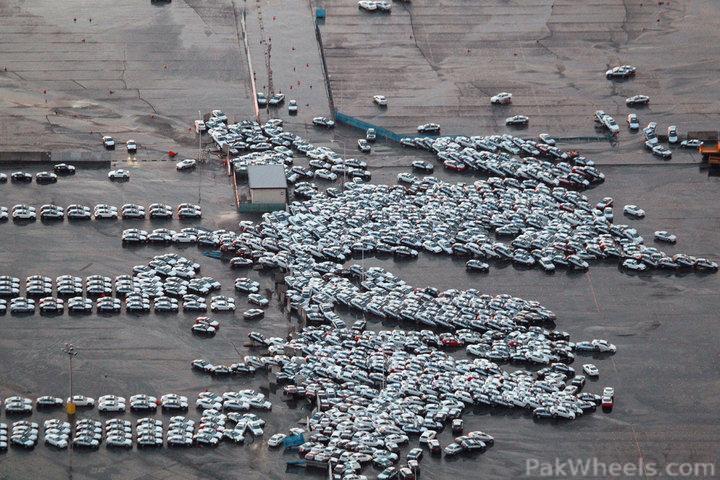


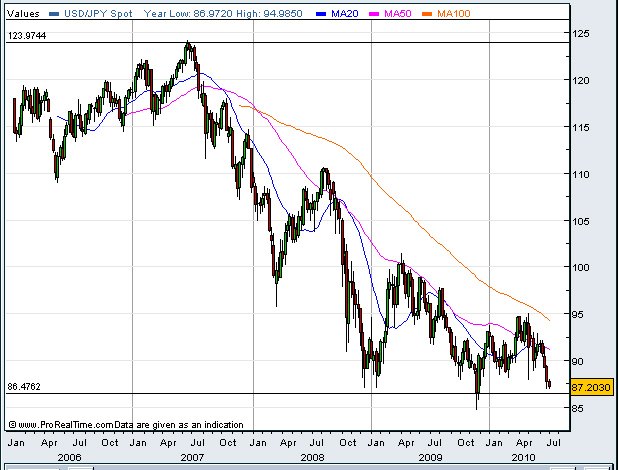
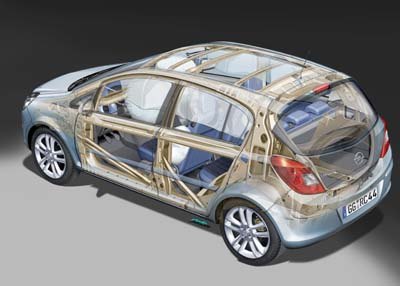












Recent Comments